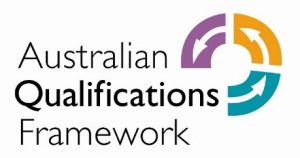Students whose first language is not English, must demonstrate competency in the English language. English proficiency can be demonstrated by providing certified evidence of an International English Language Testing System (IELTS) test result (or equivalent alternative test result, as follows), issued no more than two (2) years prior to date of application:
| TEST |
OVERALL |
READING |
WRITING |
LISTENING |
SPEAKING |
| IELTS Academic |
6.0 |
6.0 |
6.0 |
6.0 |
6.0 |
| TOEFL iBT |
83 |
13 |
21 |
12 |
18 |
| PTE Academic |
58 |
50 |
50 |
50 |
50 |
| C1A |
180 |
169 |
169 |
169 |
169 |
| C2P |
180 |
169 |
169 |
169 |
169 |
| OET |
– |
C+ |
C+ |
C/C+ |
C/C+ |
| KITE |
B2 (>450) |
B2 (>450) |
B2 (>450) |
B2 (>450) |
B2 (>450) |
| Duolingo* |
115 |
110 |
110 |
110 |
110 |
* Under trial
Note that the most recent attempt at any language proficiency test supersedes any previous attempts (irrespective of those test results) or requirements.
English Language Test results are valid for two years from the date of the results up to the date of commencement at the Institute. The most recent test supersedes ALL previous tests.
Other acceptable evidence of English proficiency includes:
Successful completion of an AQF Level 5 Diploma or above with at least one (1) year of full-time study in English at an Australian registered vocational or higher education.
Applicants who do not meet the specified English proficiency requirements must enrol in an English Language Intensive Courses for Overseas Students (ELICOS) program at PIA or a provider of their own choice.
Where student have applied to undertake an ELICOS course through an alternate provider they must provide a Confirmation of Enrolment (COE) for an ELICOS program in English for Academic Purposes (EAP), for a duration of at least twelve (12) weeks for every 0.5 below 6.0 overall or subsection IELTS or equivalent result, prior to application, and evidence of successful completion must be provided prior to enrolling in the PIA course.

